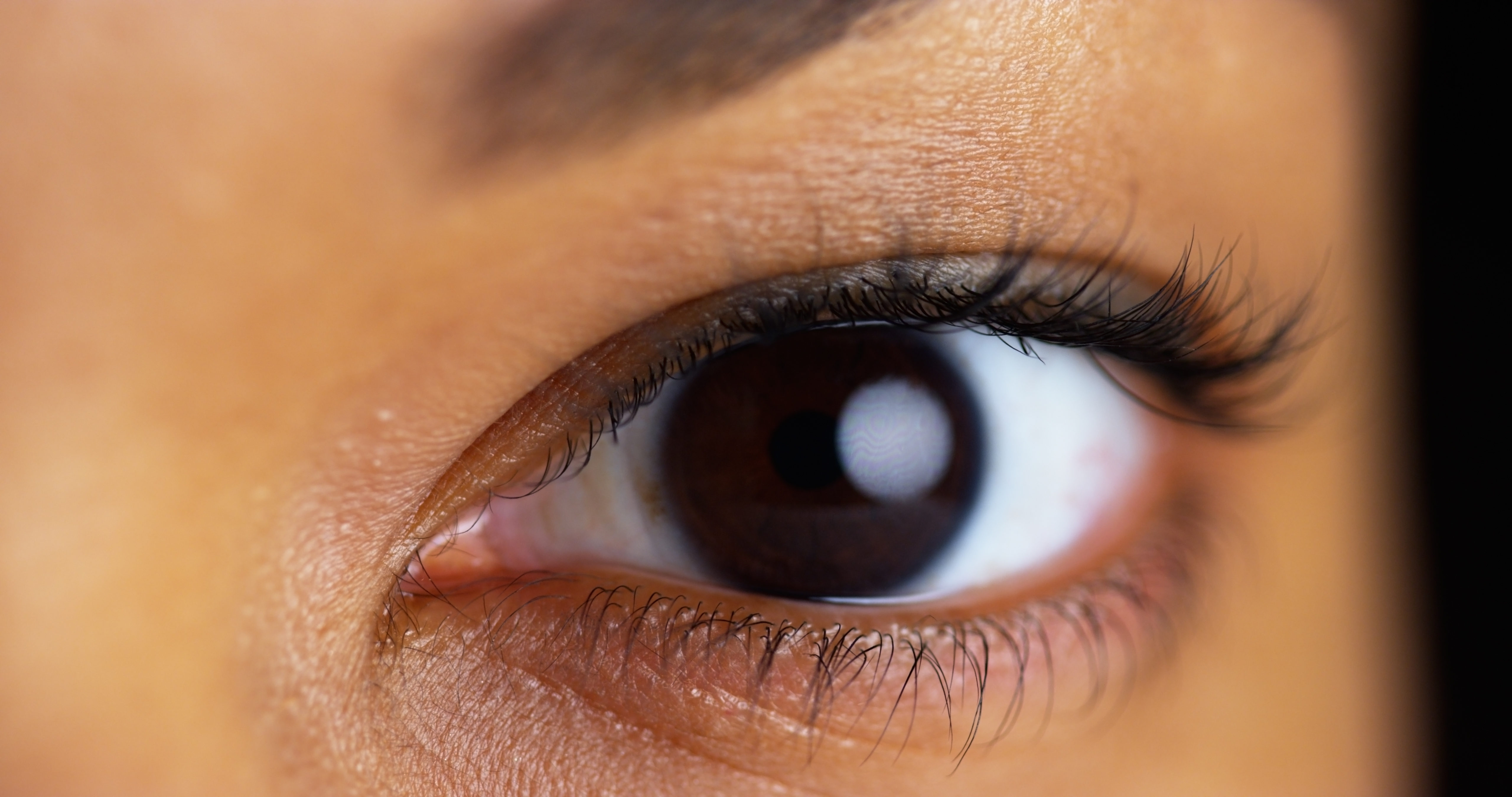Pre-Requisite Classes: Why They Matter

I got my undergraduate degree at the University of Tennessee at Chattanooga (Go Mocs!) and graduated in 2014 with a BS in Biology before starting optometry school in 2015. Before optometry school, there are certain pre-requisite classes you need to take. Different schools require different classes, but all schools require a strong foundation in science. Not only that, but these classes are needed to succed on the Optometry Admissions Test (OAT). These courses might not seem applicable at the time you are taking them, but we promise that they do make a difference while you are in optometry school.
Organic Chemistry
Ah, organic, one of those classes you either loved or hated, but still a necessary evil for pre-optometry coursework. Do you remember organic? All the functional groups, the bonds, and the structures? Does 1,3,7-Trimethylpurine-2,6-dione send you into heart palpitations? It might, it’s the chemical name for caffeine.
How it’s going to help you:
Sorry, guys, organic really does matter. While you might not be naming compounds in optometry school, organic chemistry teaches your brain to start using pattern recognition skills which come in handy when you start seeing patients. These pattern recognition skills can help diagnose and treat a syndrome/disease from just the chief complaint and history before you even get behind the slit lamp.
Microbiology
I took microbiology as a summer class, which was six weeks of learning about Gram stains, mechanisms of antibiotics, bacterial growth, and many hours behind a microscope. Biggest lesson: There’s a lot of germs out there. Germs that you can grow in a test tube, or in a petri dish, or in your fridge if you lack domestic skills. Germs that can grow in your eyes if you have a corneal ulcer or an ocular infection.
How it’s going to help you: The time I spent in the micro lab definitely hit home in my fourth year, when I was playing an active role in treating infections. Culturing the different types of bacteria, fungi, and other micro-organisms can help lead you to the correct diagnosis and treatment plan. Also, when it comes to anatomy and physiology courses, histology is a big component of both lab practicals and exams as well as for boards!
Psychology
No matter what your path after optometry school, you will be around people. A basic psychology class will teach you about different communication styles, as well as developmental frameworks and theories like Erik Erikson’s stages of psychosocial development or Jean Piaget’s stages of cognitive development.
How it’s going to help you: Seeing patients, working alongside colleagues, communicating with technicians and office staff, will be a major part of your day and basic psychology class teaches you about different personalities and provides you with a baseline for empathy. A recent poll found that Americans rank “losing eyesight” highly among the worst health concerns that affect them, so people may be very sensitive to learning that they have suffered irreversible vision loss or would like you to help them fill out a form to renew their drivers licence. Beyond communication, learning about “typical” psychology can help you see what is “atypical.” A patient who may be struggling from mental health issues can present to your office, and as their optometrist you can make the referral to a mental health professional.
It doesn’t stop at patient base though. Perhaps you want to work in a setting with other professionals, or run your own business. Psychology helps you to determine the best approaches for dealing with conflict and resolutions, an important aspect of any business.

Anatomy and Physiology
I enjoyed anatomy because it gave me an overview of how the human body works, which is still fascinating, but my fondest memory was studying the eye model; it had about ten labeled structures. Man, was I in for a surprise when I learned that there is an entire semester dedicated to just ocular anatomy.
How it’s going to help you:
Understanding the basics before you get into this in-depth class gives you a boost of confidence. Since the eye is an organ of the body, understanding not only the eye anatomy and physiology, but the body as a whole is extremely important. There are so many systemic health diseases that can cause major diseases in the eyes, such as diabetes and hypertension.
Physics
In my year of physics, we learned about planetary motion, gravity, basic two-dimensional and three-dimensional movement and acceleration, sound and sound waves, the Earth’s magnetic core, electric current, conductors and insulators, thermodynamics, and optics.
How it’s going to help you:
One word: Optics. For those of you who are currently in undergrad, you will understand this once you get to optometry school; for those of you who are currently in your optometric schooling, we understand what you went through, we promise you will be okay.
No matter what classes were required for your optometry school or degree, the classes you took in undergraduate helped lay the foundation for your education in optometry school. Each prerequisite is a part of the curriculum to help you succeed in optometry school. Now if only optometry schools would require napping as a prerequisite.

